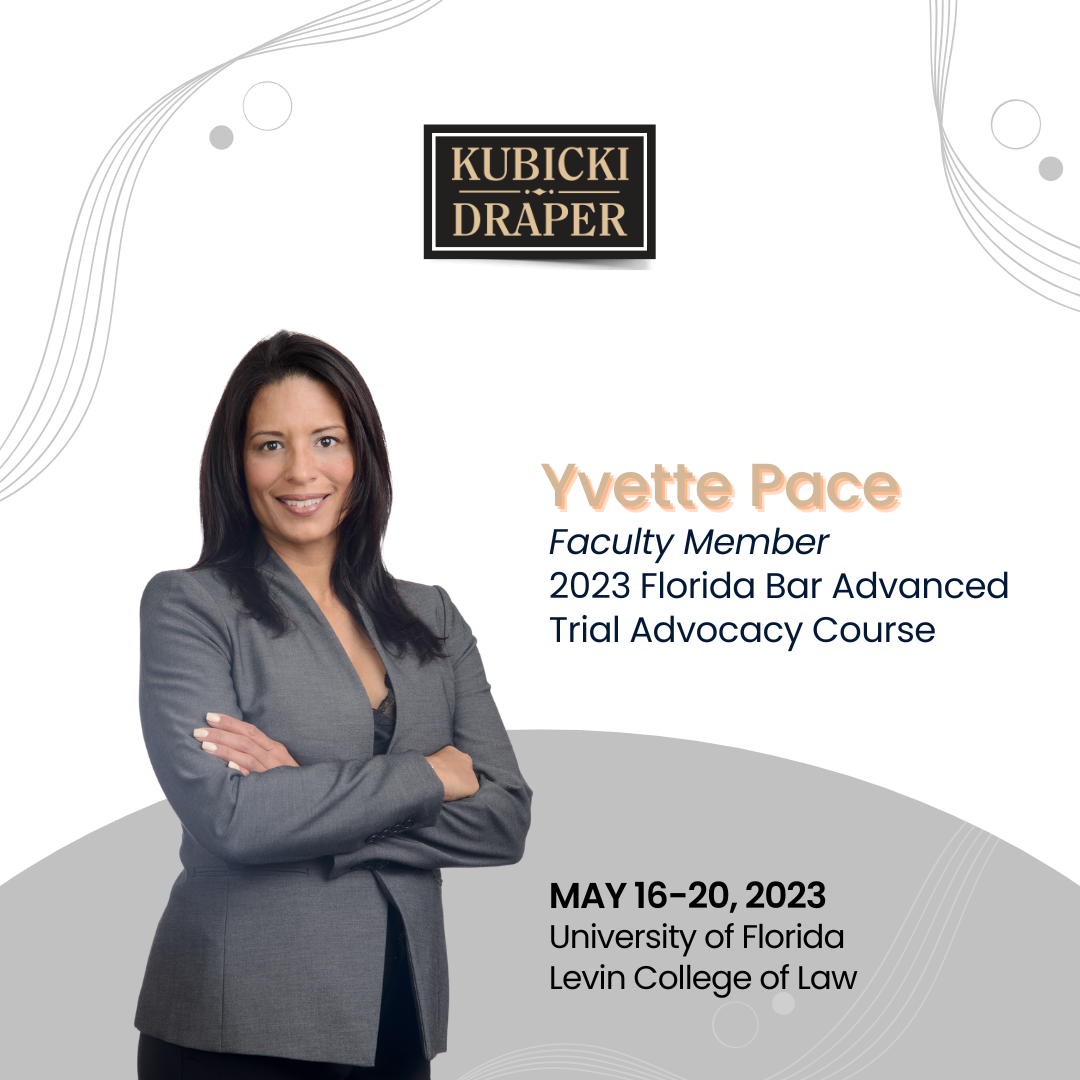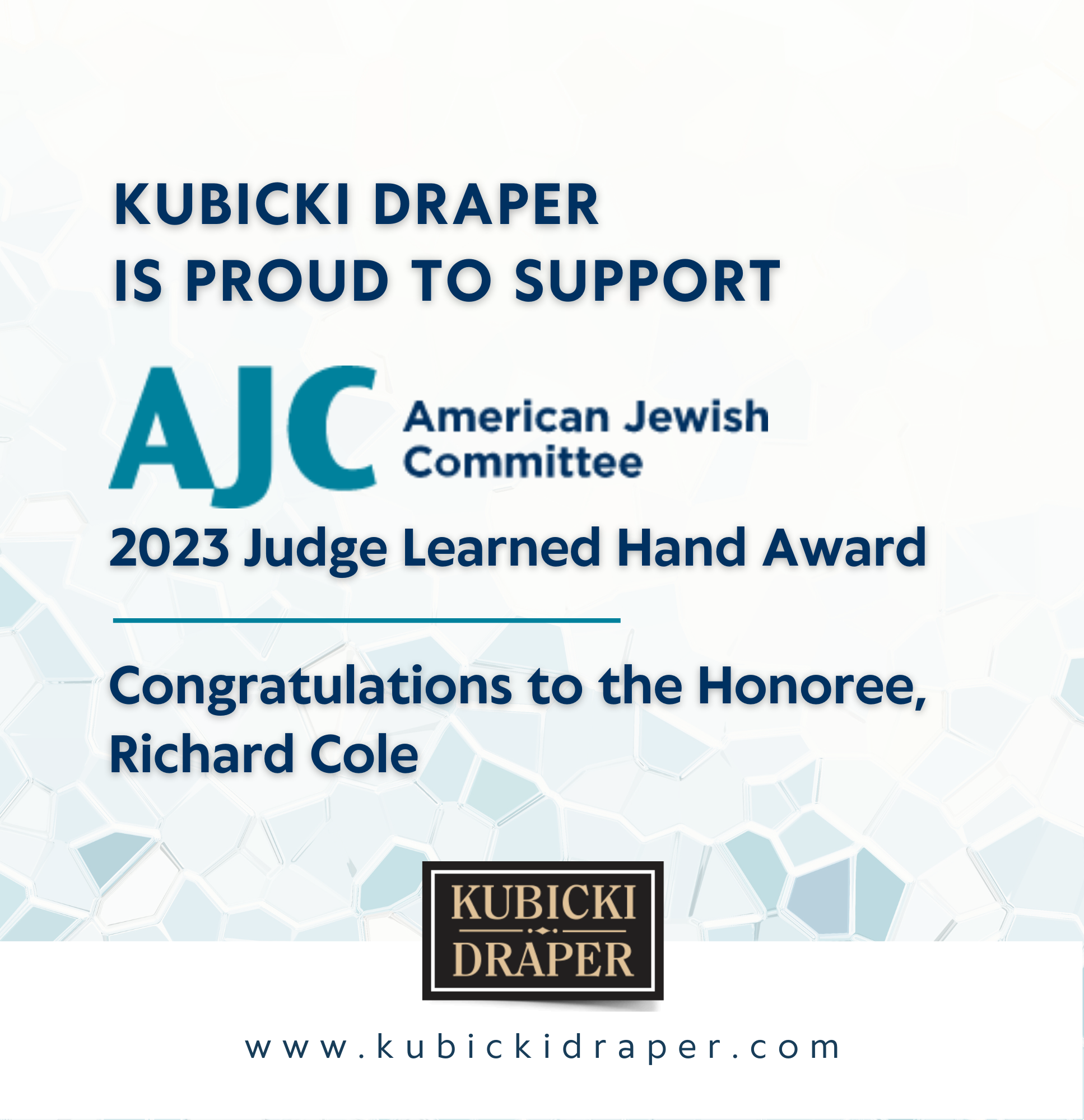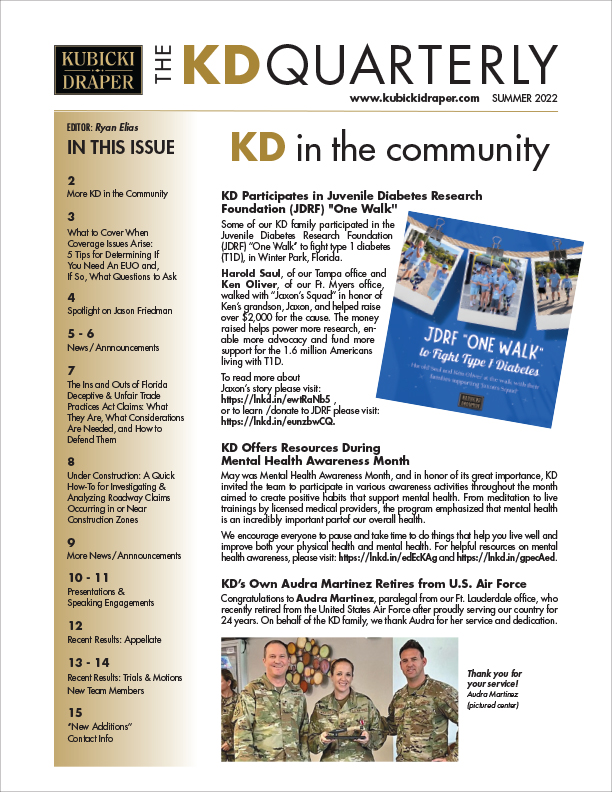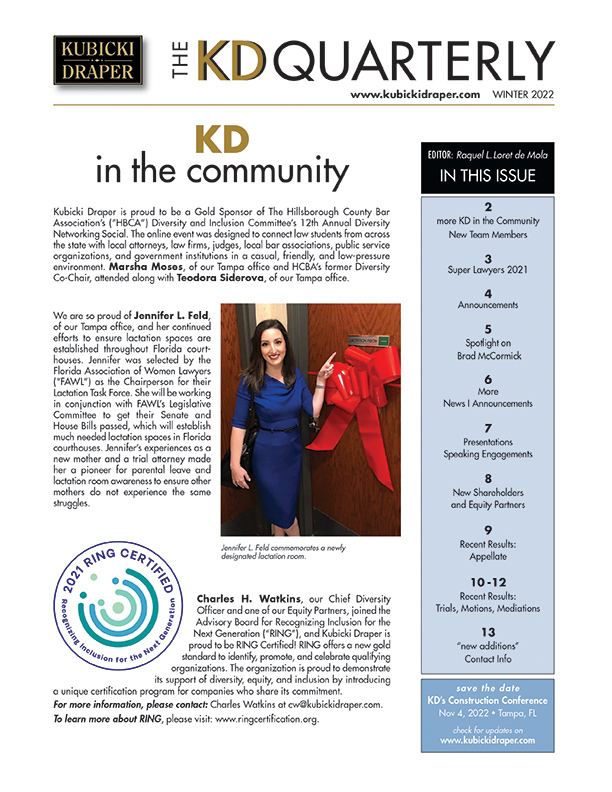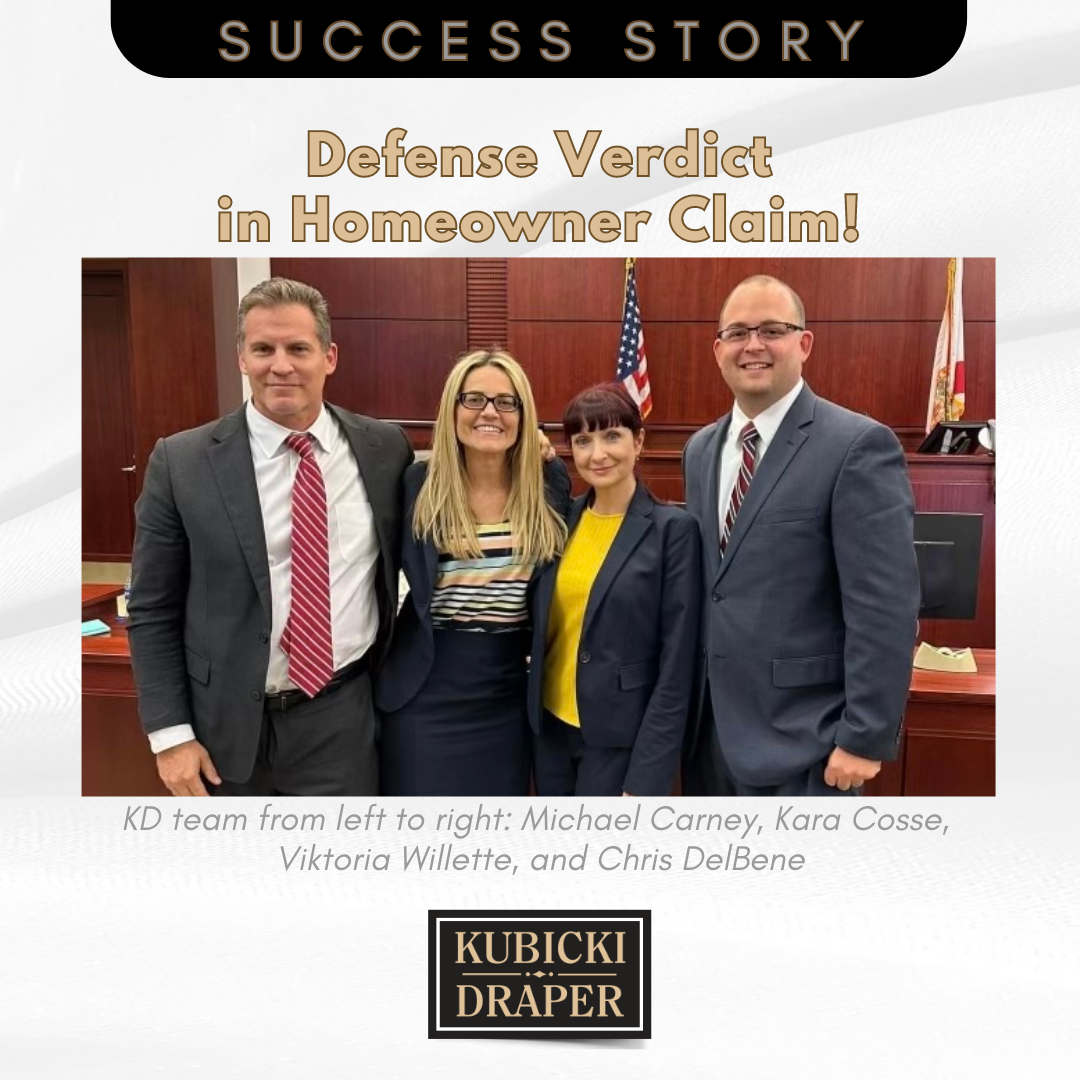First party claims are simply claims between an insured and his/her insurer. Even if these claims are eventually settled, they may result in lengthy litigation and costly attorney’s fees. Attorney’s fees are granted upon the rendition of a judgment or decree by any Florida court against an insurer and in favor of the insured or beneficiary. [1] In Florida, any time a judgment or decree is issued in favor of the insured or beneficiary and against an insurer, the insurer must compensate the insured or beneficiary in the form of attorney’s fees. However, this statutory requirement is one-sided, meaning that if the insurer prevails on the claim, the insured or beneficiary is not required to pay attorney’s fees to the insurer. Further, once an insurer settles with the insured/claimant for even a nominal amount, the insured is considered the “prevailing party,” and as such, is entitled to fees. To effectively evaluate the risk of pursuing litigation, it is important to understand how courts assign attorney’s fees.
What to Anticipate When Paying Attorney’s Fees
There are several factors courts use when deciding the amount to award an insured in attorney’s fees. Dependent upon the type of claim filed, different factors are used to determine reasonable attorney’s fees.
First, courts use the Federal Lodestar approach, meaning, that the courts: (1) determine the number of hours expended on the litigation; and then (2) determine a reasonable hourly rate for the services of the prevailing party’s attorney. [2] The longer the claimant attorney has been in practice, especially in the field of first party litigation, the greater the hourly rate will be. Once the lodestar figure is reached, the court may add or subtract from the fee based upon the “contingency risk factor” and “results obtained.” The contingency risk factor arises when the insured’s attorney is working under a contingency fee contract and would receive no compensation if his/her client did not prevail. The contract does not control the specific fee award because it would be unfair to the party paying the fee, as that party had not participated in the fee arrangement. [3] However, most contingency fee retainers allow the claimant attorney to be paid at the contingency rate or what the court awards, whichever is greater.
Next, the court will determine whether a multiplier is appropriate or not. In torts and contract cases, which are the bulk of first party claims, the Court must consider the following three factors to conclude if a multiplier is necessary: (1) whether the relevant market requires a contingency fee multiplier to obtain competent counsel; (2) whether the attorney was able to mitigate the risk of nonpayment in any way; and (3) whether any of the eight factors set forth in Rowe are applicable, especially the amount involved, the results obtained, and the type of fee arrangement between the attorney and his/her client.[4]
The Rowe factors are: (1) the time and labor required, the novelty, complexity, and difficulty of the questions involved, and the skill requisite to perform the legal service properly; (2) the likelihood that the acceptance of the particular employment will preclude other employment by the lawyer; (3) the fee, or rate of fee, customarily charged in the locality for legal services of a comparable or similar nature; (4) the significance of, or amount involved in, the subject matter of the representation, and the results obtained; (5) the time limitations imposed by the client or by the circumstances and, as between attorney and client, any additional or special time demands or requests of the attorney by the client; (6) the nature and length of the professional relationship with the client; (7) the experience, reputation, diligence, and ability of the lawyer or lawyers performing the service and the skill, expertise, or efficiency of effort reflected in the actual providing of such services; and (8) whether the fee is fixed or contingent, and if fixed as to amount or rate, then whether the client’s ability to pay rested to any significant degree on the outcome of the representation.
Multipliers: What Amount is Applied?
Trial courts may apply a multiplier when setting an attorney’s fee.[5] These multipliers range from 1 through 2.5 and are based upon the likelihood of success. If the trial court determines that success was more likely than not, it may apply a multiplier of 1 to 1.5. If the trial court determines that success was approximately even at the outset, it may apply a multiplier of 1.5 to 2.0. If the trial court determines that success was unlikely at the outset of the case, it may apply a multiplier of 2.0 to 2.5. The multiplier serves as incentive for an attorney to pursue a claim when the insured’s possibility of prevailing is slim.
Do We Settle or Move Forward with Litigation?
With the likelihood of having to pay attorney’s fees weighing heavily on one’s mind, there are multiple factors to consider before moving forward with litigation. In evaluating the exposure of risk, the insurer must determine the risk and benefits of both, settlement and litigation.
Settlement provides the benefit of an agreed upon resolution and ends future litigation on the matter. If a case is settled early on, the attorney’s fees for both parties would be minimal compared to the amount at the end of litigation. However, the insurer may be settling a claim they could prevail on in court. The claims representative and his/her defense counsel should evaluate the case early on in terms of whether the case is a good candidate for trial, or should be resolved early for the right price.
The discovery period of litigation can take time which is both a risk and benefit. While the discovery period is time consuming and results in attorney’s fees, it can provide the insurer greater insight into the insured’s likelihood of prevailing on the claim. If the likelihood of the insured prevailing is low, then moving forward with litigation may seem to be the best option. However, there is still the risk that if the insured prevails on a claim that had a low likelihood of success, a multiplier of 2.0 to 2.5 could be applied when attorney’s fees are awarded.
Examples
When an insured has any type of damage, such as a roof leak, mold, water damage, or medical expenses as part of their PIP coverage and the insurer does not pay in time or pay the correct amount, the contractor or physician hired by the insured may take an assignment of benefits from the insured and may now sue on his/her behalf. This introduces a third party to the claim but it is still a first party claim. If the third party is suing on behalf of the insured and prevails, that third party will be entitled to reasonable attorney’s fees.
If Attorney's Fees Are Awarded, Things To Further Consider
If you do not prevail on the claim and are required to compensate the insured with reasonable attorney’s fees, how do you ensure that you are paying the most reasonable amount? The following categories of objections are effective to mitigate the costs: (1) Block Billing (combining different tasks in one billing entry) is Improper; (2) Excessive Time/Multiple Attorneys Billing the Same Task; (3) Clerical Tasks Are Not Compensable; (4) Travel Time is Generally Not Compensable; (5) Time to Prove Amount of Fees is Not Compensable; and (6) Hourly Rate is Not Comparable to the Prevailing Market Rate and is Not Reasonable.
The burden of proving reasonable attorney’s fees falls on the attorney seeking the fees. Note, that if the insurer objects to Plaintiff counsel’s requested fees, a fee hearing will be required, and the insurer will have to hire an expert to opine Plaintiff’s claimed fees. It is important to know your Judge’s reputation as to these types of fee claims as well.
Conclusion
Any time a Plaintiff/Insured “prevails” in a first party case by way of verdict or settlement, the insurer is statutorily required to pay attorney’s fees to the insured. The decision to settle or pursue litigation is not an easy one to make. It involves evaluating the risks and considering all factors involved. Therefore, it is best for the claims professional to get with their defense counsel early in the litigation to assess the benefits/risks of moving forward with the litigation.
For more information and/or questions, please contact Michael Balducci.
[1] Fla. Stat. § 627.428(1).
[2] Florida Patient’s Compensation Fund v. Rowe, 472 So. 2d 1145, 1151-52 (Fla. 1985).
[4] Standard Guaranty Ins. Co. v. Quanstrom, 555 So. 2d 828, 834 (Fla. 1990).

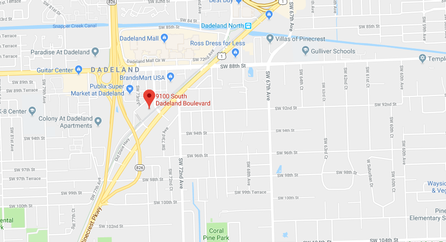
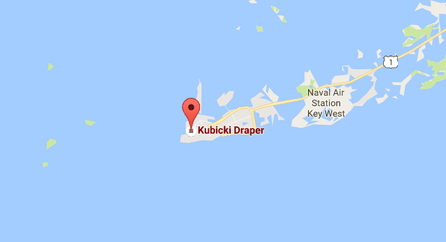
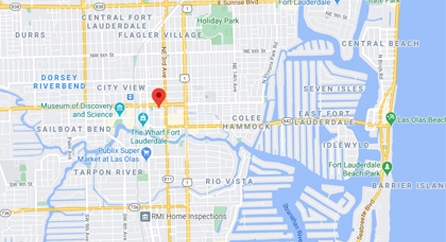
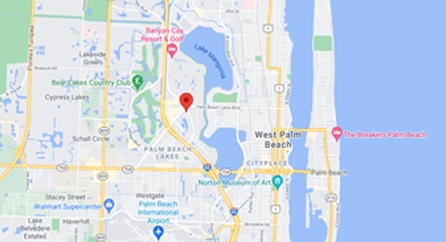


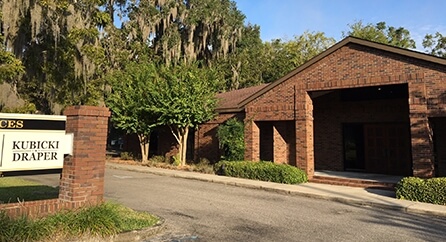

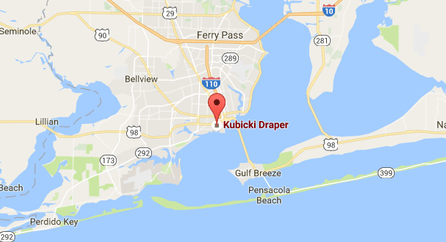

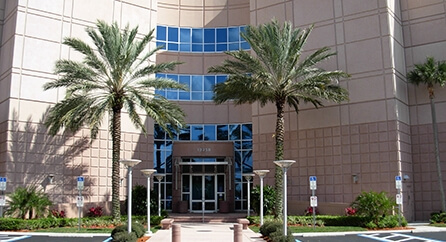
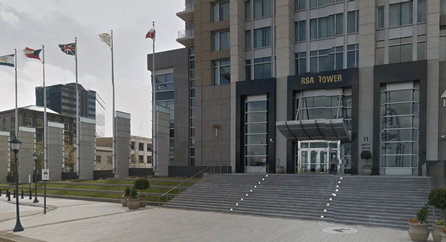
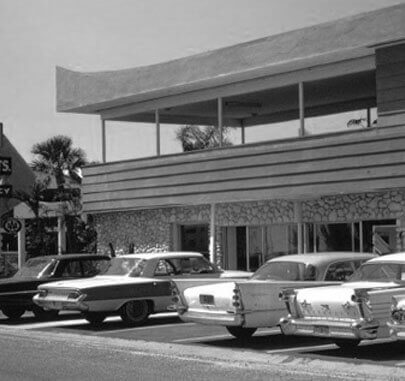






 .png)
